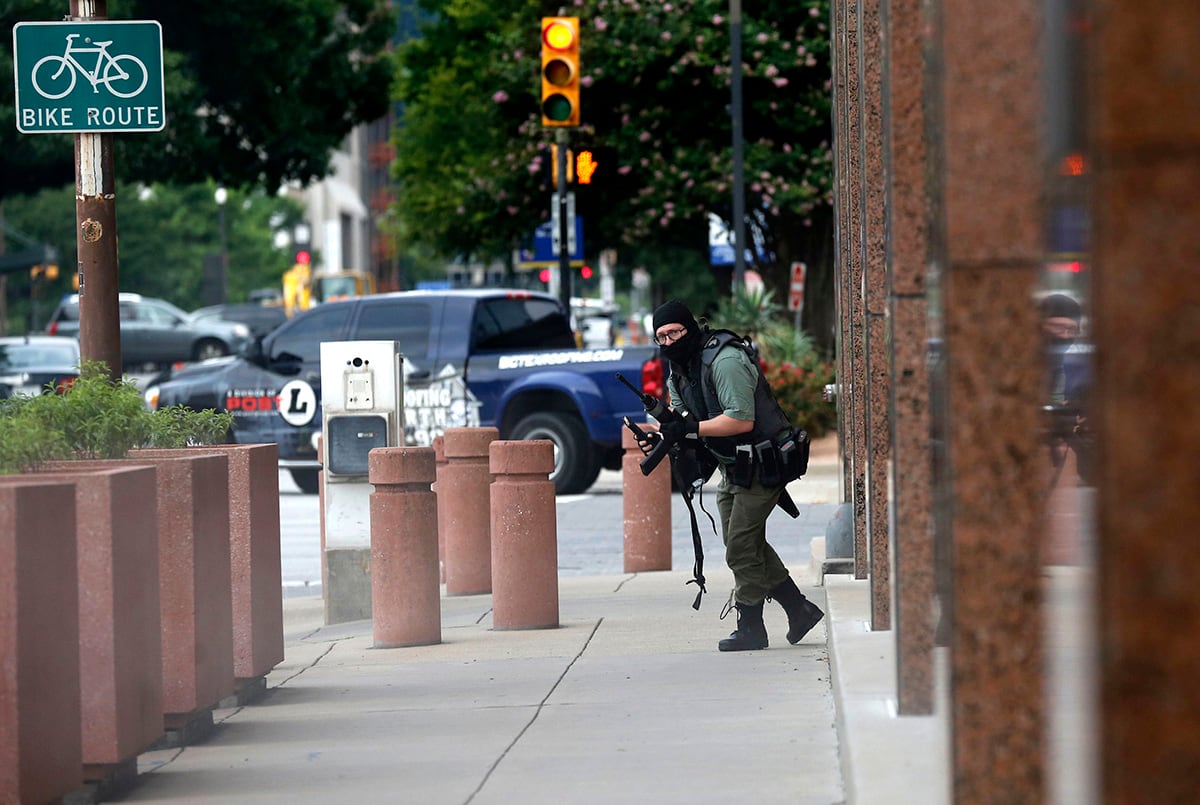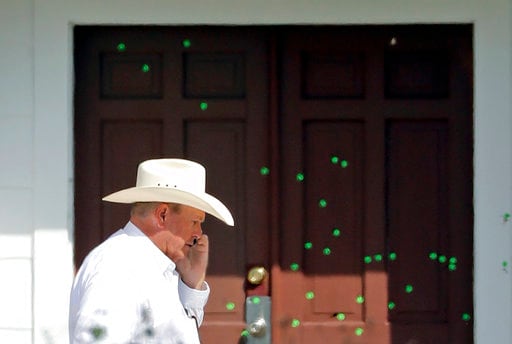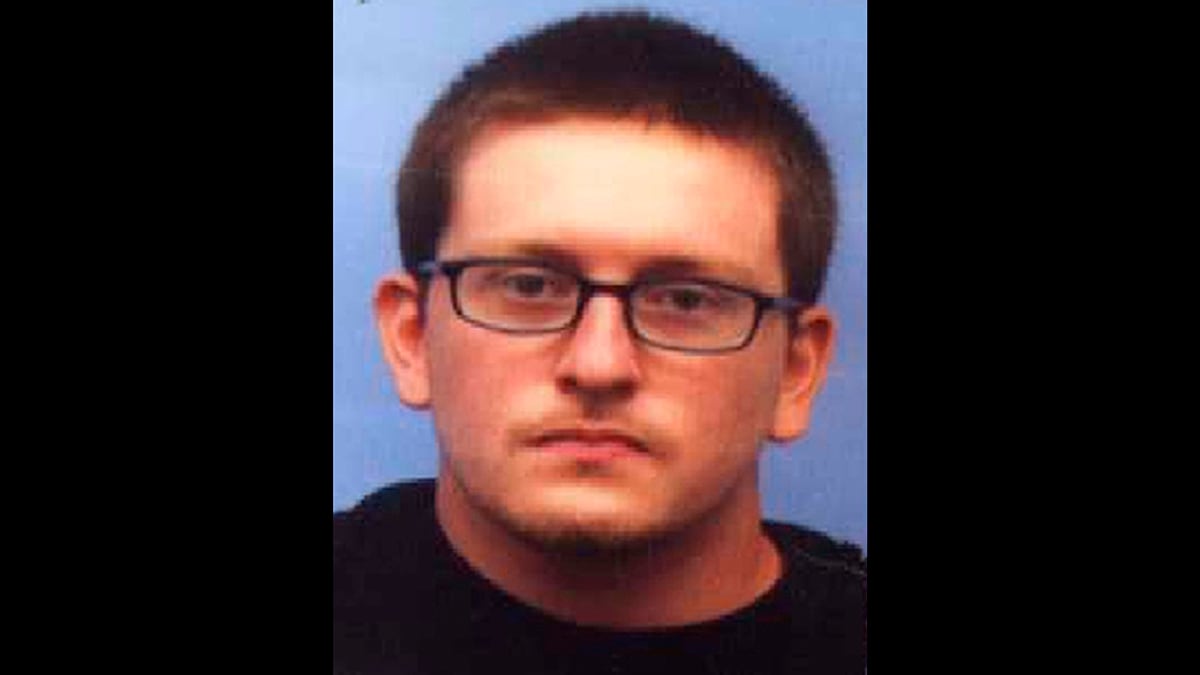DALLAS — The FBI received a call about three years ago about the U.S. Army veteran who opened fire on a courthouse in downtown Dallas, a federal law enforcement official said Thursday.
Brian Isaack Clyde was shot and killed Monday by security officers after he began shooting at the Earle Cabell Federal Building. The 22-year-old was armed with a high-powered rifle and more than 150 rounds of ammunition, but there were no other serious injuries or deaths.
The FBI did not investigate Clyde after the July 1, 2016, call because it did not contain a specific threat, according to the official, who spoke on condition of anonymity because the shooting probe is ongoing. The official said a member of Clyde’s family called a national tip line to say Clyde was suicidal and had a fascination with guns.
RELATED

Clyde’s mother, Nubia Brede Solis, told The Dallas Morning News that her son’s half-brother had called the FBI with concerns. Attempts to reach Clyde’s family members by phone were unsuccessful Thursday.
The call came while Clyde was enlisted. He served as an infantryman from August 2015 to February 2017 but was never deployed to a war zone, according to the Army. He was stationed at Fort Campbell in Kentucky.
The FBI said Clyde was honorably discharged, but his short period of service suggests he left the military earlier than planned.
The Army has declined to say why Clyde was discharged, citing privacy laws.

More than a month before a gunman killed 17 people at a Florida high school in 2018, the FBI received a tip warning that Nikolas Cruz wanted to kill people and was planning a school shooting. The tipster also said Cruz owned guns, was acting erratically and had made disturbing social media posts.
The FBI said it should've assessed that as a "threat to life" and referred it to agents in Florida, but that never happened.
After the Parkland shooting, the FBI made changes to its tip line protocols. Additional employees and supervisors were brought on and more calls now need to be reviewed by a supervisor before they are closed.
RELATED

Earlier this year, the FBI received a tip about a threatening social media post that was made by the gunman who opened fire at a synagogue near San Diego, but the bureau said it received the information too late to identify the suspect.
The FBI was notified through its tip website and phone line just before the shooting and some of the tips included links to the post but didn't offer specific information about its author or the location threatened.
In that case, the FBI said its employees immediately acted to identify who wrote the post, but the shooting took place before they finished.
Associated Press writers Jamie Stengle in Dallas and Mike Balsamo in Washington, D.C., contributed to this report.





